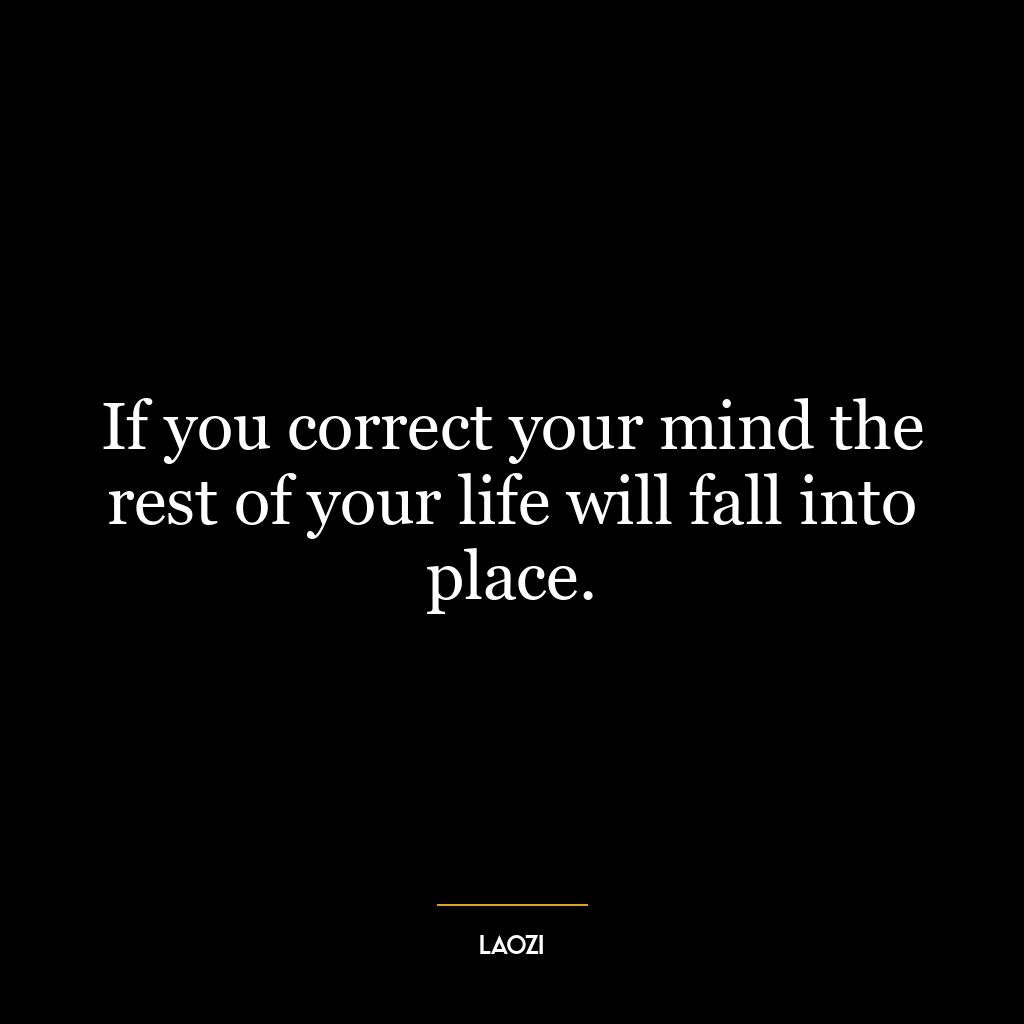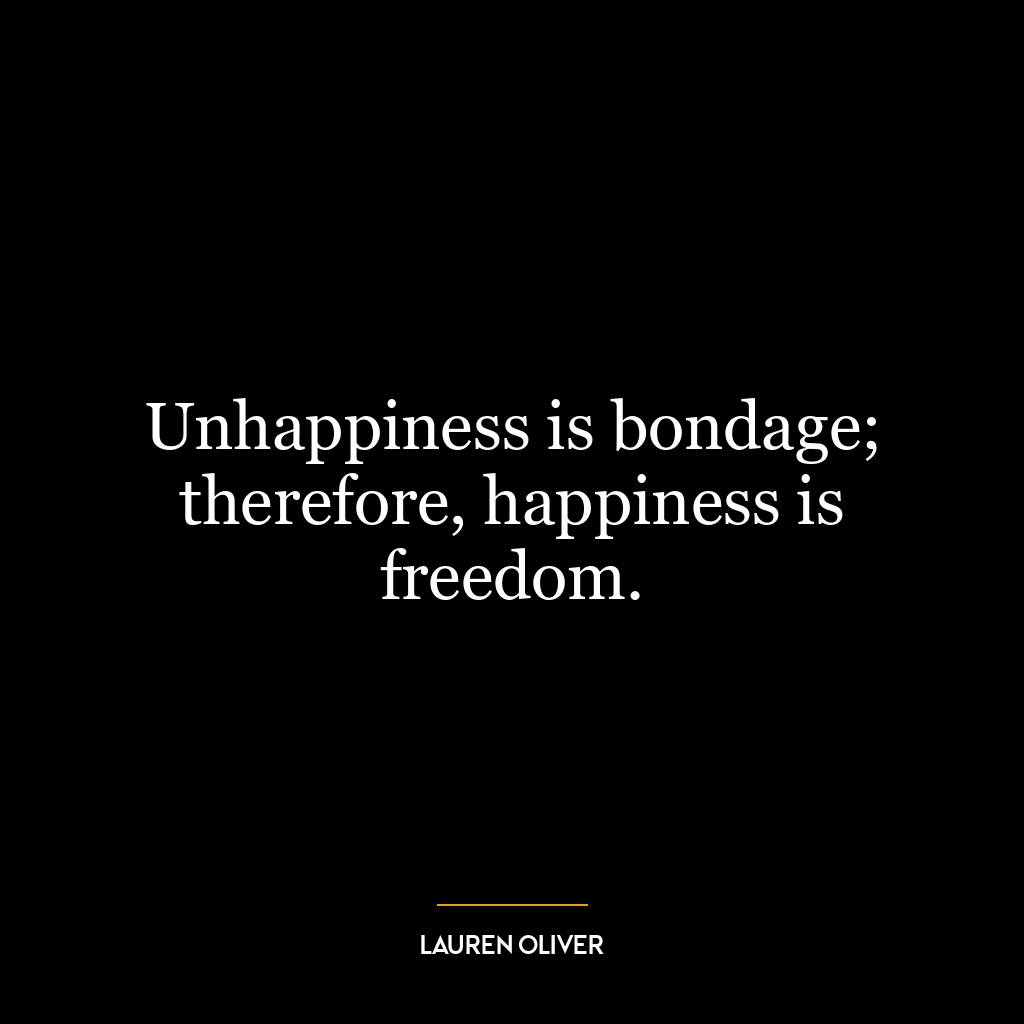'Imperfect' Quotes
Imperfect quotes are powerful and thought-provoking statements that embrace the idea of imperfection and encourage individuals to embrace their flaws and mistakes. These quotes have been influential throughout history, inspiring individuals to overcome their insecurities and strive for personal grow…Read More
Imperfect quotes are powerful and thought-provoking statements that embrace the idea of imperfection and encourage individuals to embrace their flaws and mistakes. These quotes have been influential throughout history, inspiring individuals to overcome their insecurities and strive for personal growth. From ancient philosophers like Confucius to modern-day icons like Maya Angelou, imperfect quotes have resonated with people from all walks of life. They remind us that perfection is unattainable and that our imperfections make us unique and human. Imperfect quotes have the power to challenge societal norms and inspire change, making them a timeless source of motivation and inspiration for generations to come.Read Less
Imperfect quotes are powerful and thought-provoking statements that embrace the idea of imperfection and encourage individuals to embrace their flaws and mistakes. These quotes have been influential throughout history, inspiring individuals to overcome their insecurities and strive for personal growth. From ancient philosophers like Confucius to modern-day icons like Maya Angelou, imperfect quotes have resonated with people from all walks of life. They remind us that perfection is unattainable and that our imperfections make us unique and human. Imperfect quotes have the power to challenge societal norms and inspire change, making them a timeless source of motivation and inspiration for generations to come.
6 Striking 'Imperfect' Quotations and Sayings
Imperfect – Symbolic Value
The concept of ‘imperfect’ is often associated with negative connotations, but it holds a significant symbolic value in our lives. It represents the idea that perfection is unattainable and that flaws and imperfections are a natural part of being human. In fact, many cultures and religions embrace the concept of imperfection as a symbol of humility and acceptance.In Buddhism, the concept of ‘wabi-sabi’ celebrates the beauty of imperfection and impermanence. It teaches us to find beauty in the imperfect, to accept the natural cycle of growth and decay, and to appreciate the uniqueness of each moment. Similarly, in Japanese culture, the art of ‘kintsugi’ involves repairing broken pottery with gold, highlighting the cracks and imperfections instead of hiding them. This practice symbolizes the acceptance and celebration of imperfection.
Imperfect – Cultural and Historical Significance
The concept of ‘imperfect’ has played a significant role in shaping cultural and historical beliefs and practices. In ancient Greece, the philosopher Aristotle believed that perfection was the ultimate goal of human existence. This belief influenced the development of Western philosophy and the pursuit of perfection in various fields, such as art, science, and literature.In contrast, Eastern philosophies, such as Taoism and Confucianism, emphasize the acceptance of imperfection and the natural order of things. This cultural difference has had a profound impact on the way people perceive and approach imperfection in different parts of the world.
Imperfect – Common Themes in Motivational Contexts
In motivational contexts, the concept of ‘imperfect’ is often associated with the idea of growth and progress. Many motivational speakers and self-help gurus encourage people to embrace their imperfections and use them as a driving force for personal development. The famous quote by Vince Lombardi, “Perfection is not attainable, but if we chase perfection, we can catch excellence,” highlights the idea that imperfection can lead to greatness.Moreover, the concept of ‘imperfect’ is also linked to the idea of resilience and perseverance. It teaches us that failure and setbacks are a natural part of the journey towards success and that we should not let our imperfections hold us back.
Imperfect – Portrayal in Art and Media
The concept of ‘imperfect’ has been a recurring theme in art and media, often portrayed through flawed characters and imperfect situations. In literature, characters like Shakespeare’s Hamlet and Dostoevsky’s Raskolnikov are flawed and imperfect, making them relatable and human.In the world of fashion and beauty, the rise of the body positivity movement has challenged the traditional standards of perfection and embraced diversity and imperfection. This shift in the media’s portrayal of beauty has had a positive impact on society, promoting self-acceptance and body confidence.
Imperfect – Impact on Understanding of Life and Society
The concept of ‘imperfect’ has a profound impact on our understanding of life and society. It teaches us that perfection is not the goal, and that striving for it can lead to disappointment and dissatisfaction. Instead, imperfection reminds us to embrace our flaws and imperfections, to be kinder to ourselves and others, and to appreciate the beauty in our differences.In society, the acceptance of imperfection can lead to a more inclusive and compassionate community. It allows us to see beyond surface-level flaws and appreciate the uniqueness and value of each individual.In conclusion, the concept of ‘imperfect’ holds a significant symbolic value and has a deep-rooted cultural and historical significance. It teaches us important lessons about acceptance, growth, and resilience, and has a profound impact on our understanding of life and society. So, let us embrace our imperfections and celebrate the beauty of being imperfectly human.






